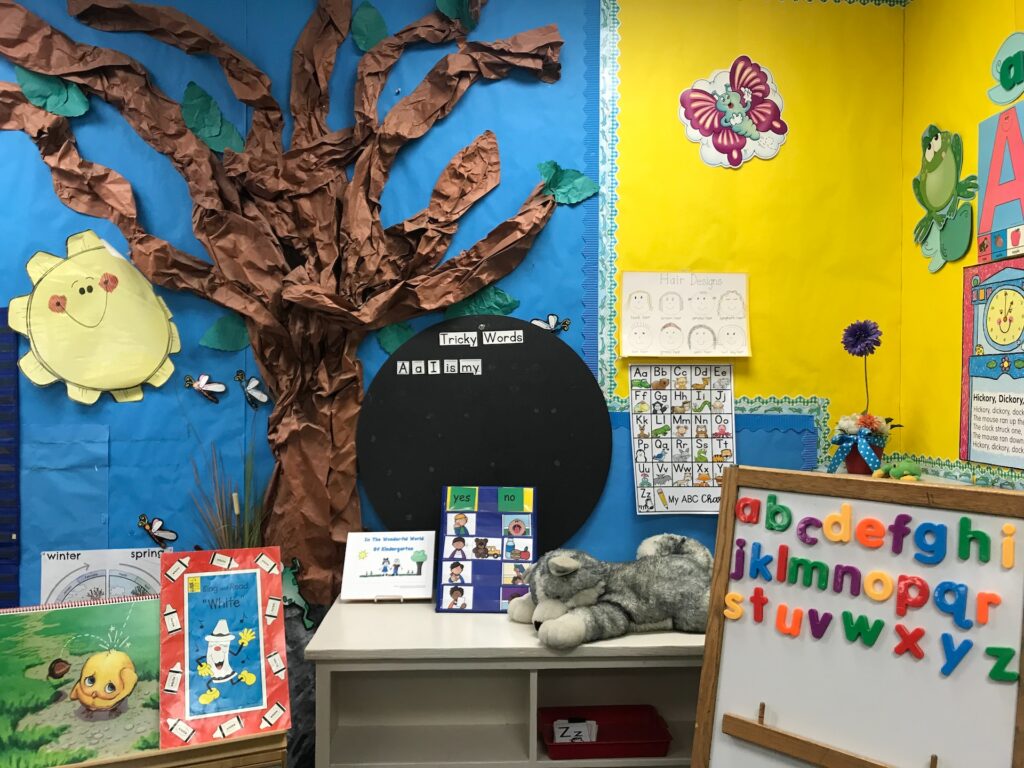Years ago, on CCTV’s “Classic Odes”, the two daughters of the financial tycoon Rogers took to the stage to sing the Chinese elementary school classic “Sound Enlightenment”, once again demonstrating their proficiency in Beginner mandarin lessons.
The 15-year-old American girl and her 11-year-old sister, who have a Chinese level of 666, both started to be Chinese teachers last year, and the class fee is 25 dollars an hour.
So, what is the level of this teacher?
The Chinese pronunciation of this word is straight and round. If you don’t look at the picture, you think it’s a native Chinese child. There is no crooked nut accent…
And the reason why these two blond-haired and blue-eyed American children can speak Chinese so well is of course thanks to their parents.
Their father is the famous Jim Rogers, a man of modern Wall Street, known as the most visionary international investor, as famous as Soros and Buffett.
However, the American “financial tycoon” said: “The best investment in my life is to let my daughter learn Chinese.”
When Rogers first came to China in 1986, “I realized that everything people told me about China was wrong.”
Therefore, after his daughter was born, he decided to let her learn Chinese from an early age.
He has hired Chinese tutors for his daughters since they were young, so that they can communicate with the children in Mandarin.
In his self-published book “12 Letters from Investment Master Rogers to His Baby Daughter”, he also wrote a special letter to tell his daughter the importance of Chinese: “Because China’s economy is taking off, it will become a distant future. A world-class player who is more important than he is now.”
In order for his daughter to better learn Chinese and understand Asia, he even moved his family to Singapore.
Hard work pays off, and Rogers’ return on investment is very obvious.
Rogers has said in public more than once:
“Wherever I give speeches, especially in the West, I tell people that when you have children, you should let them learn Chinese. Because Chinese will be the most important language for the rest of their lives.”
Indeed, it has become a popular trend for children all over the world to learn Chinese from an early age.
Everyone knows that Trump’s granddaughter’s family also learned Chinese in elementary school, and they are very fluent in Chinese. They can sing Chinese songs, recite “San Zi Jing” and ancient poems.
Prince George of the United Kingdom not only had to learn English, mathematics, ballet and other courses since he was a child, but also learned Mandarin Chinese.
The King of Spain has two daughters—12-year-old Princess Leonor and 10-year-old Princess Sofia, who have also been learning Chinese for several years.
In addition to Dutch and French, Princess Elizabeth, the future successor of the Belgian royal family, is also learning Chinese and can already communicate in Chinese.
Princess Amalia of the Netherlands is studying at a secondary school in The Hague, and she also took Chinese courses as an elective.
In addition to the president and the royal family, some elite families abroad have also begun to let their children learn Chinese.
Zuckerberg, the CEO of Facebook, not only has been learning Chinese for many years, but also made every effort to let his two daughters learn Chinese after they were born.
The business of Beginner mandarin lessons in the United States is also extremely hot. Because they are in high demand, Chinese nannies can earn an average annual salary of 20,000 US dollars more than other nannies.
A Chinese woman once got an annual salary of up to 70,000 US dollars because both families wanted to sign her, and this was only the market price in 2006.
What is Chinese Immersion Education︖

Even if you don’t think it, you’ve actually learned about immersive
study. This is the one your kids have been using since they were babbling you
way. This is how all babies learn to talk – by People around them talk to them and learn to speak. no child is born will speak. Instead, their brains hear the sounds around them,
Gradually begin to master the patterns, and eventually form the language. child
They realize that if they say “more,” they get more
Much; if they say “hug,” they get picked up. because
The brain already has the function of learning language, children’s understanding ability
Competence and communication skills improve rapidly. By the age of five or six, they have
Spoken fluently, although vocabulary and grammatical structures remain limited.
Immersion programs take full advantage of young children’s innate language learning abilities
power, start them in kindergarten, preschool or first grade Learn bilingual.
The children have already started talking for three or four years at this time
Yes, but the level is still quite rudimentary. while they are still learning
The first language is also the best time to start learning a second language
opportunity.
In the immersion program, from the first day of school, your
Your child’s Mandarin teacher will only speak Mandarin in class. on the surface
It is impossible for your child to understand what is going on in class, but
Children are actually very good at making sense of language they don’t understand
understand its meaning. This is what they use every day in English (or in
any language the family speaks). think about how you use the same
way to teach them all the words (milk! bottle! car!
flower! ), you will be able to understand the reason why Beginner mandarin lessons!
Regardless of your child’s learning needs, we have tailor-made solutions Learn more~














